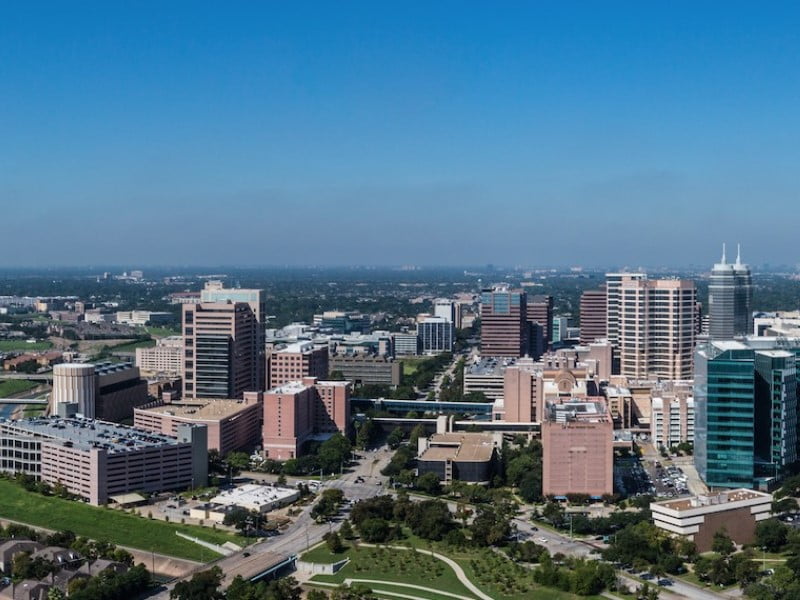A new MedTech and digital health partnership has been signed between the University of Western Australia and the Texas Medical Center in the United States.
This allows the sharing of resources between the Texas Medical Center (TMC) Biodesign entrepreneurship program, and the similar University of Western Australia administered Biodesign Australia. In particular, Biodesign programs across Australia and through the TMC will share access to talent, clinical trial activity, best practice experience, additional funding opportunities and market access.
Biodesign Australia is a biomedical entrepreneur training program established in 2016 and running in in Perth, Sydney, Melbourne, Adelaide, and Brisbane. The program features MedTech, digital health, and biomedical engineering courses.

Medical Research Minister Stephen Dawson made the announcement at the annual health and medical research conference of the Western Australian Health Translation Network on Monday. Mr Dawson said that the partnership was indicative of the state’s strength in the health and medical life sciences sector.
“It is inspiring that entities such as Perth Biodesign are training the next generation of biomedical entrepreneurs. Vital partnerships like this will allow for major collaboration between both Biodesign Australia and Texas Medical Center, and will help improve the health and wellbeing of all Western Australians. We look forward to hosting TMC here in Perth during the October AusBiotech 2022 conference,” Mr Dawson said.
TMC Biodesign has raised over $41 million in capital, founded 11 companies, and formed 25 relationships between academic and corporate entities. Texas Medical Center is the world’s largest medical city and hosts more than 160,000 employees and on a roughly 4.6 square kilometre campus.
UWA biomedical innovation director Professor Kevin Pfleger welcomed the partnership and said it would increase the opportunities for healthcare innovation.
“Collectively, the Biodesign Australia programs have trained hundreds of budding entrepreneurs through MedTech and digital health courses,” Professor Pfleger said.
“These programs bring together multidisciplinary teams of people who want to make a difference in healthcare and build the connection between industry, academia, health services, and specialised service providers to create a compelling healthcare innovation opportunity.
“By uniting the programming, talent and expertise found at Biodesign Australia and Texas Medical Center, we are creating a dynamic ecosystem that will help to shape the future of healthcare.”
Biodesign programs are based on the methodology developed by the Stanford Byers Center for Biodesign at Stanford University.
The deal expands on the existing Australian BioBridge arrangement, launched in 2018, between TMC and the federal government. This provided support by improving trade, investment, and research and development connections. In particular, the Healthcare Activator program is being run to allow Australian firms to participate in TMC run Healthtech Accelerators. Applications for this program opened on May 2 and can be submitted here.
This partnership follows the announcement that $8.65 million will be included in the Western Australian budget on Thursday to implement the state’s first Health and Medical Life Sciences Industry Strategy.
It also supports the state’s ongoing Future Health and Research Innovation (FHRI) Fund which has announced investments of $27.8 million for programs announced in 2020 and 2021. Notably, a $5 million health and medical innovation seed fund was launched under the FHRI fund at the end of March.
Do you know more? Contact James Riley via Email.

